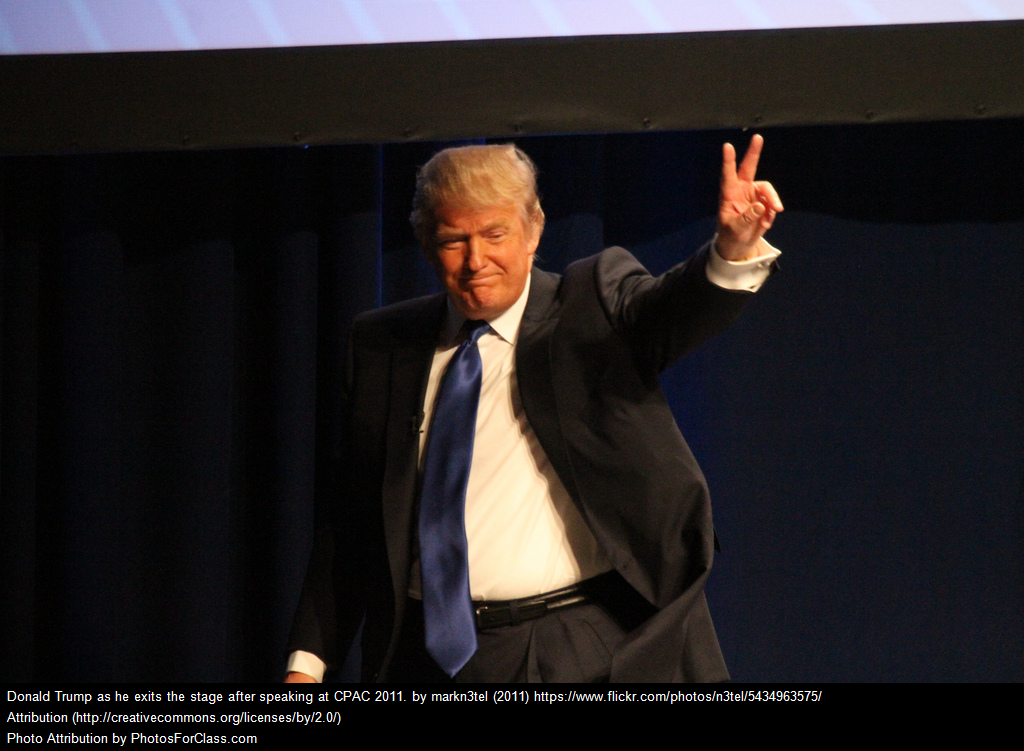If there is one thing I cannot hide about myself here in London, it is my American-ness.
Whether it be my accent, how loudly I talk to my program mates, or how I struggle to figure out the coins in this country (seriously, WHY is the 50p coin so big?! And what is the purpose of a 2p coin?), locals and other travelers can usually tell within seconds that I’m a North American, and then they usually guess that I’m an American.
This as an isolated fact is fine, and is rather sweet. People are very kind to me, and ask about what brought me here and I have had very thoughtful conversations about my cultural experience as a young American in England.
However, these conversations inevitably lead to what I have dubbed The Question.
The Question, at this point, is: “So…what do you think of Donald Trump?”
I was taken by surprise the first time I got asked The Question.
The second time, it was still unexpected, but I was prepared.
The third time and every time after that, it has been a polite smile with a prepared response. However, thinking back, I think my surprise stemmed from not contemplating just how impactful Trump’s decisions have on the entire planet. Even though I have no idea who the prime minister of Australia is, they all knew exactly who Donald Trump was. I have no idea what the position below Theresa May is, but they all knew who Mike Pence was and some of his comments. They knew about our ACA controversy, even if they did not know who Paul Ryan was. They knew about the scandal with North Korea. They even quote his tweets.
So, with this knowledge in mind, I began to wonder; why do Americans know so laughably little about the rest of the world?
We, as a superpower, have turned cultural ethnocentrism into an integral part of the American experience. The general logic seems to be “We affect you so pay attention to us, but don’t expect the same in return because you don’t affect us.”
That seems unfair, doesn’t it? We are all an equal part of the planet, and all deserve to feel acknowledged and respected by our peers that share this planet with us. But American culture thrives on exceptionalism. We justify our history and our existence as a political/military superpower by believing that the world needs to be more like us, and not the other way around.
Taking this all into account, I suppose the biggest lesson I have taken from the various conversations I have had is the importance of humility. Most people do not see the world the way I do because most people aren’t me. They’re not from Portland, they don’t have musicians for parents, they didn’t go to Catholic School, they didn’t go to Carleton. They may not be American. And that’s okay.
These people I have met have asked me about our current president because they know I, as an American, know where he comes from and can try to explain what he wants.
Why shouldn’t I do the same for them?
~Laudie Porter, ’18

